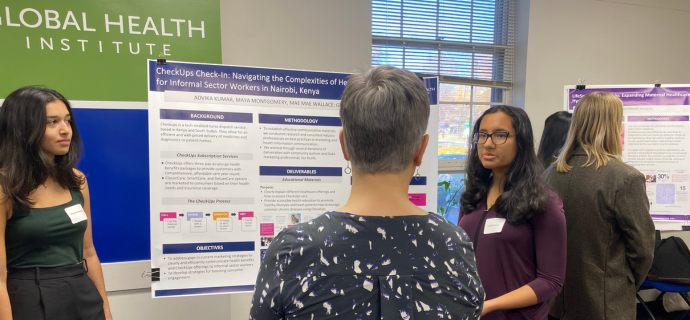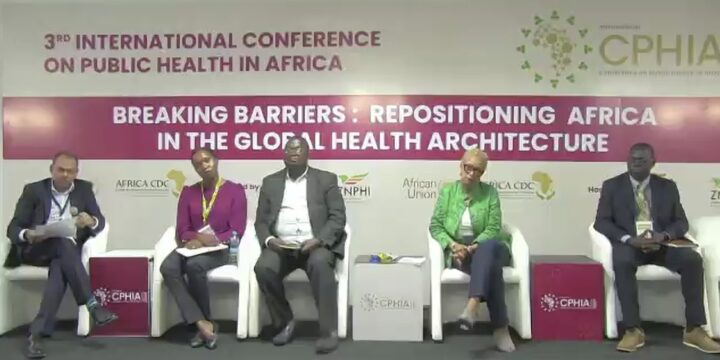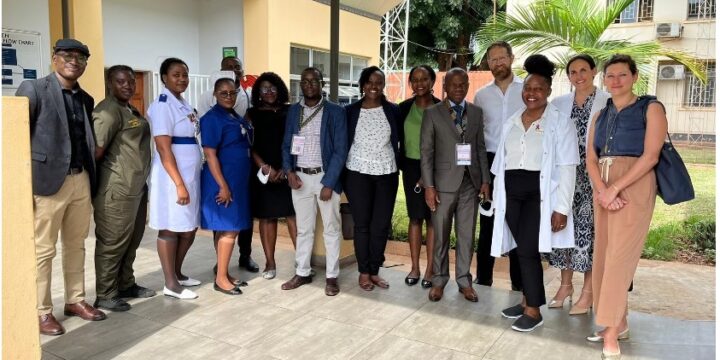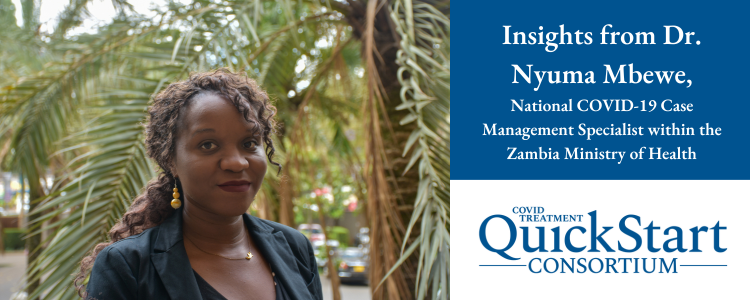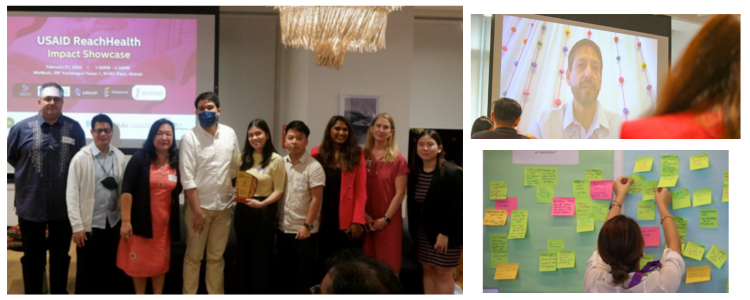
Progress, Impacts and Lessons from Market Shaping in the Past Decade: A Systematic Review
Our preprint, Progress, Impacts and Lessons from Market Shaping in the Past Decade: A Systematic Review, reviews the progress and impacts, and identifies enablers and barriers of market shaping activities in the past decade. Read the full article via The Lancet. Authors: Wenhui Mao, Katharine Olson, Elina Urli Hodges, Krishna Udayakumar Abstract Background: Market shaping activities have been increasingly used to improve access to health products. This paper reviewed the progress and impacts, and identified enablers and barriers of market shaping activities in the past decade. Methods: We conducted a systematic review using a structured searching strategy across five academic databases and key actors' websites with a structured searching strategy for gray and white literature published in English between 2012-2022. Two researchers independently performed screening, data extraction and analysis. This…

